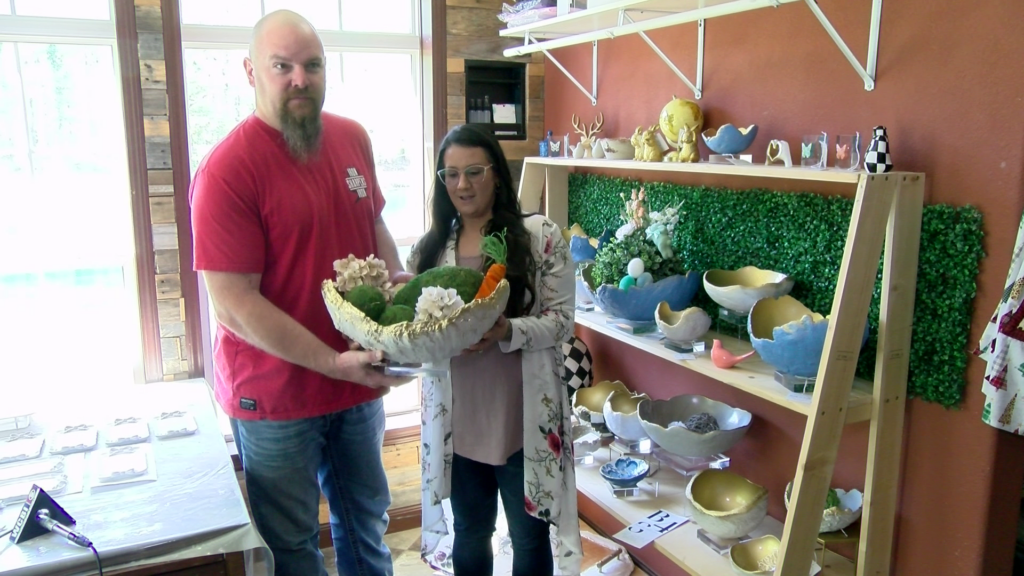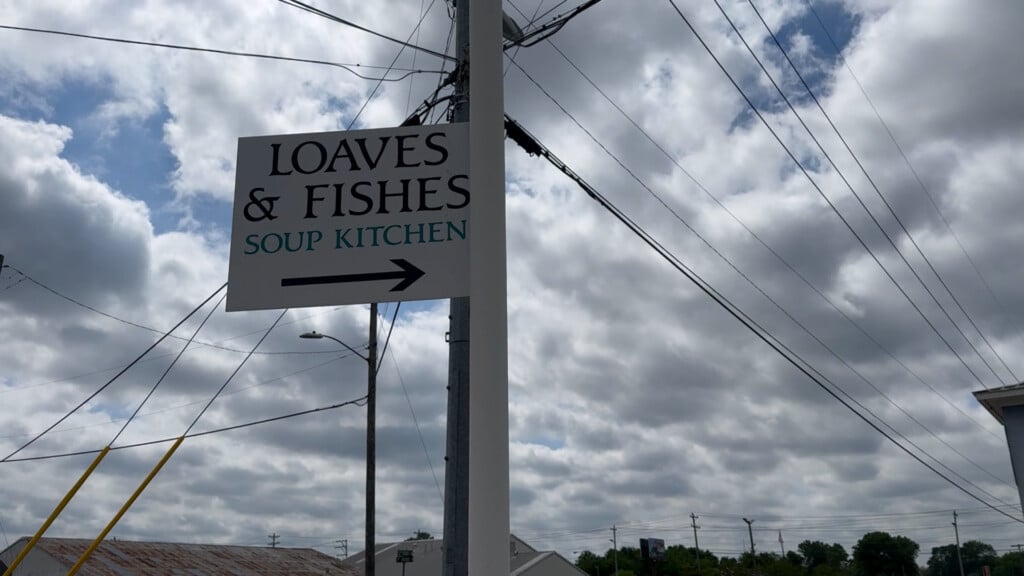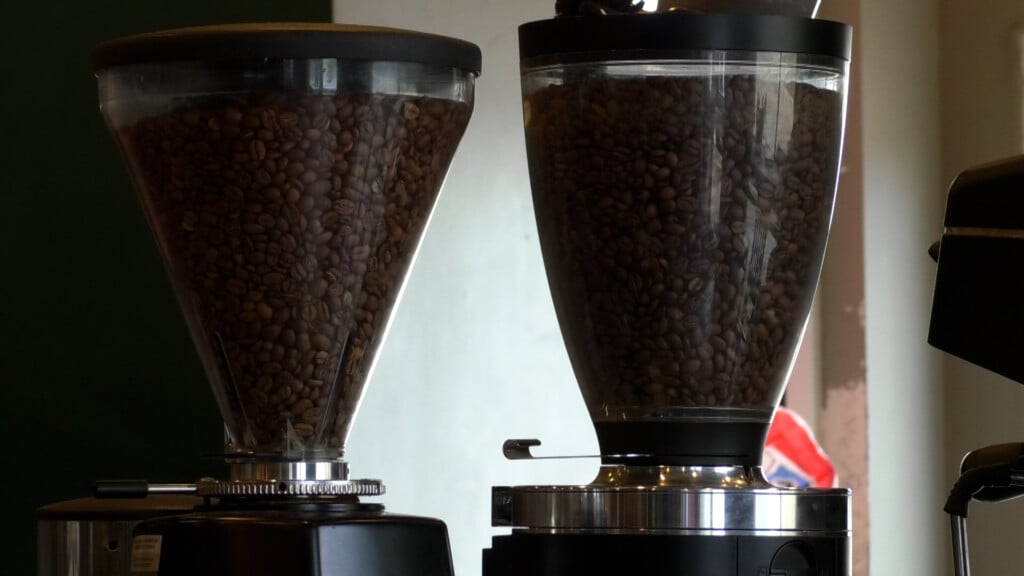Political debates and its impacts on voters
COLUMBUS, Miss. (WCBI) -Just ahead of Mississippi’s Party primaries, the Republican candidates for Governor will meet for a televised debate.
It will be the second time around for two of the candidates, but the first one for Lieutenant Governor Tate Reeves.
Reeves skipped the first go around, but former state Supreme Court Chief Justice Bill Waller Jr. and state Rep. Robert Foster went head-to-head at Mississippi State in April.
That debate will air across the state, including here on WCBI.
For over two decades, MUW Dean of Arts and Sciences and Political Science Professor, Dr. Brian Anderson has specialized in politics.
He said debates have changed a lot since the early 90’s.
Now, they can be riskier for candidates and social media plays a big role.
“People can insert things into their own agenda whether or not the candidate really can be said to have intended it that way and I think candidates are much more wary of this encounter because social media can just immediately carve up what might be a carefully, crafted answer and presentation, in to pieces that don’t look very flattering.”
Anderson said risk management is another big reason for candidates, especially front-runners, to skip the debate.
“It is much better for a candidate, especially if they are leading in the polls and seem to have an advantage, to get the short term criticism of not being a fair sport and debating candidates, who may not be very well known by comparison.”
Anderson said it’s all about controlling the environment.
That often means screening the questions, and even who is allowed in the audience.
“Something like the Hyde-Smith and Espy encounter, where they are going to really filter out who gets in the room, is an attempt to prevent those chance questions, or occurrences of behavior that might throw somebody off guard, something said from the audience, or something introduced at the last minute.”
The professor said the risk can be greater for local candidates if they don’t show up for a debate.
“We’re still at a point where local politics can be much more genuine, much more personal and that you can say, I know this person, I’ve worked with this person, I see them around town and if they are not showing up, they are acting a little too high and mighty.”
Often, it’s the undecided voter who has the most to gain from the head-to-head competitions.
“There is going to be some others like Medicaid Expansion or something, where a candidate, no matter where they stand on the issue, has to have an answer and that answer is going to impact people’s well-being and so you’re on the fence, the person is going to be looking at that saying well, maybe I can learn something at this moment and won’t have to do deep research.”
The debate will air on July 23 at 7 p.m.





Leave a Reply